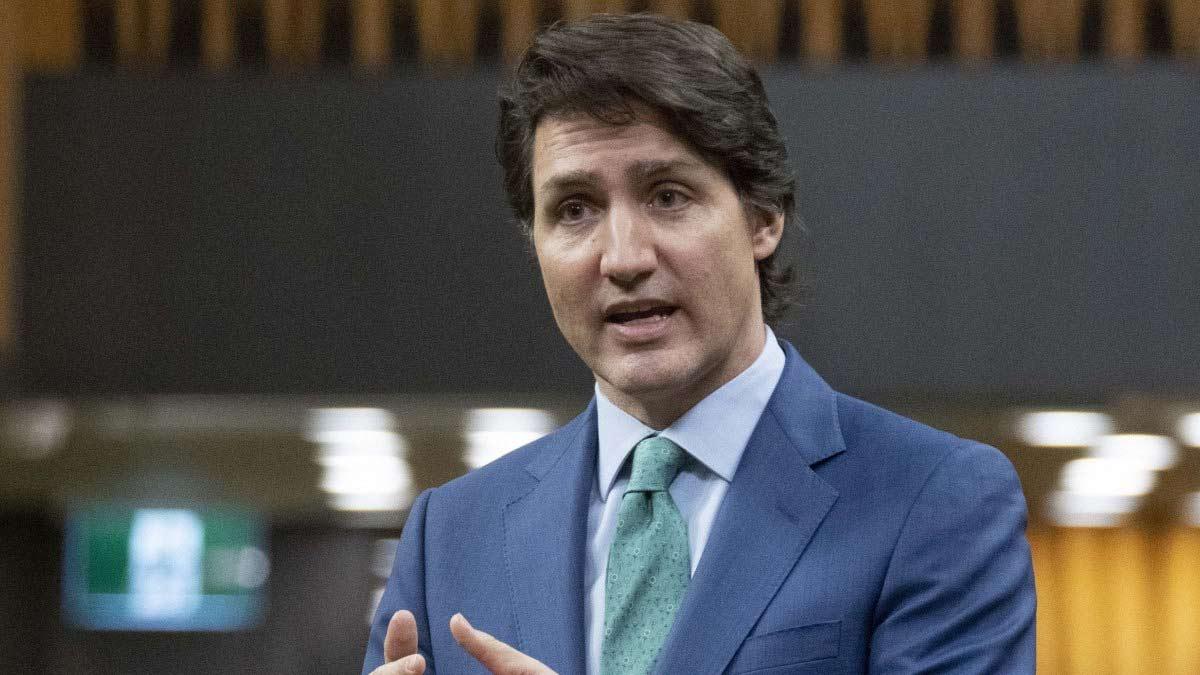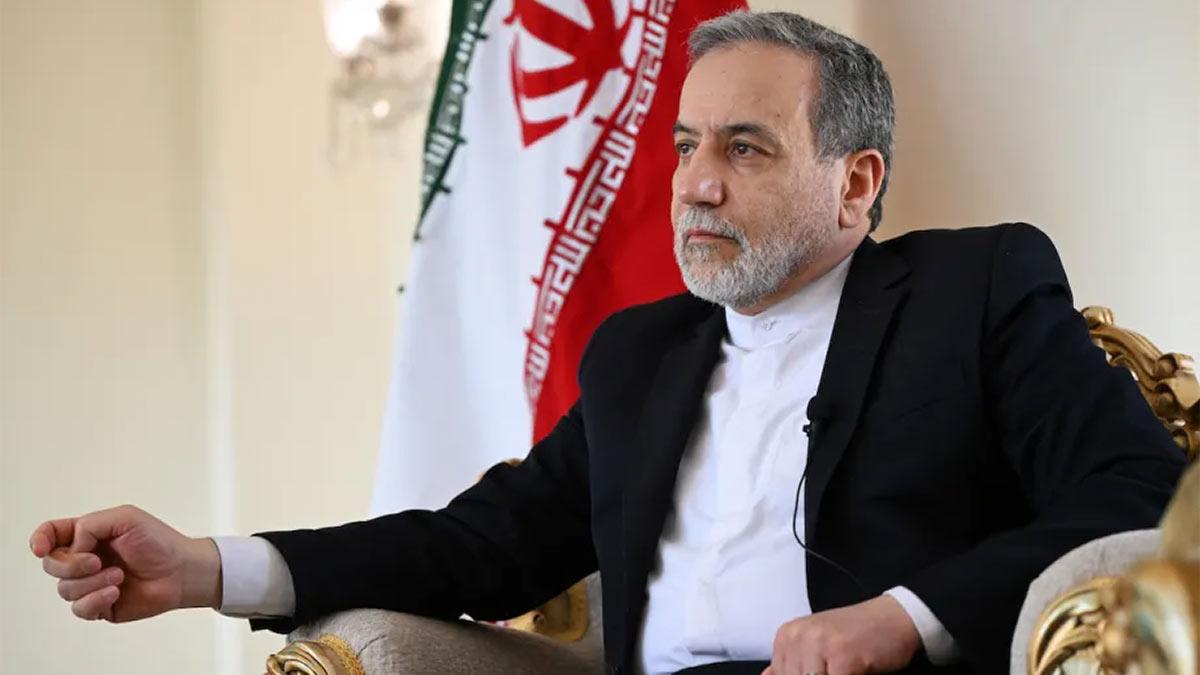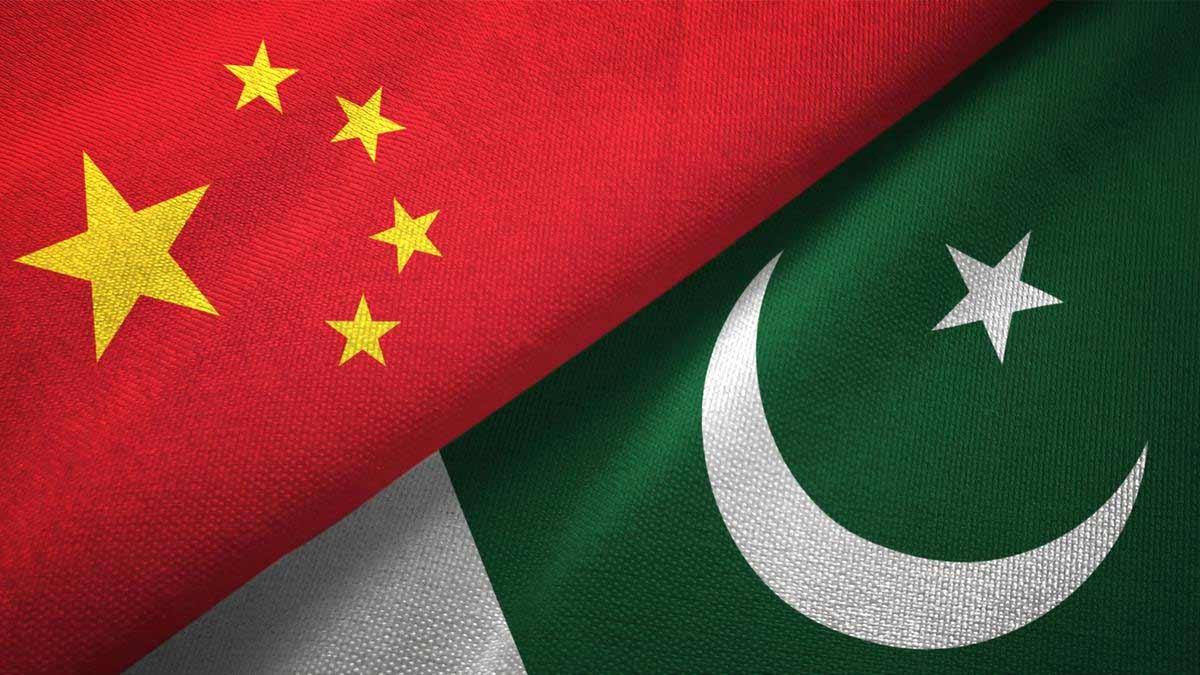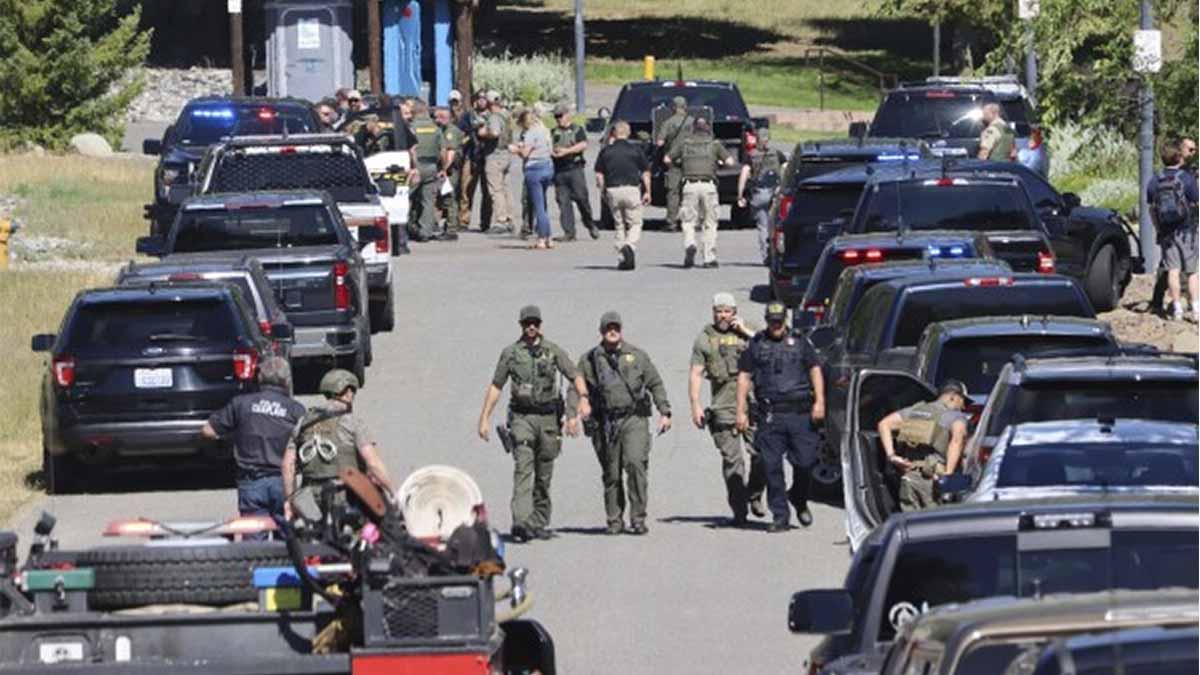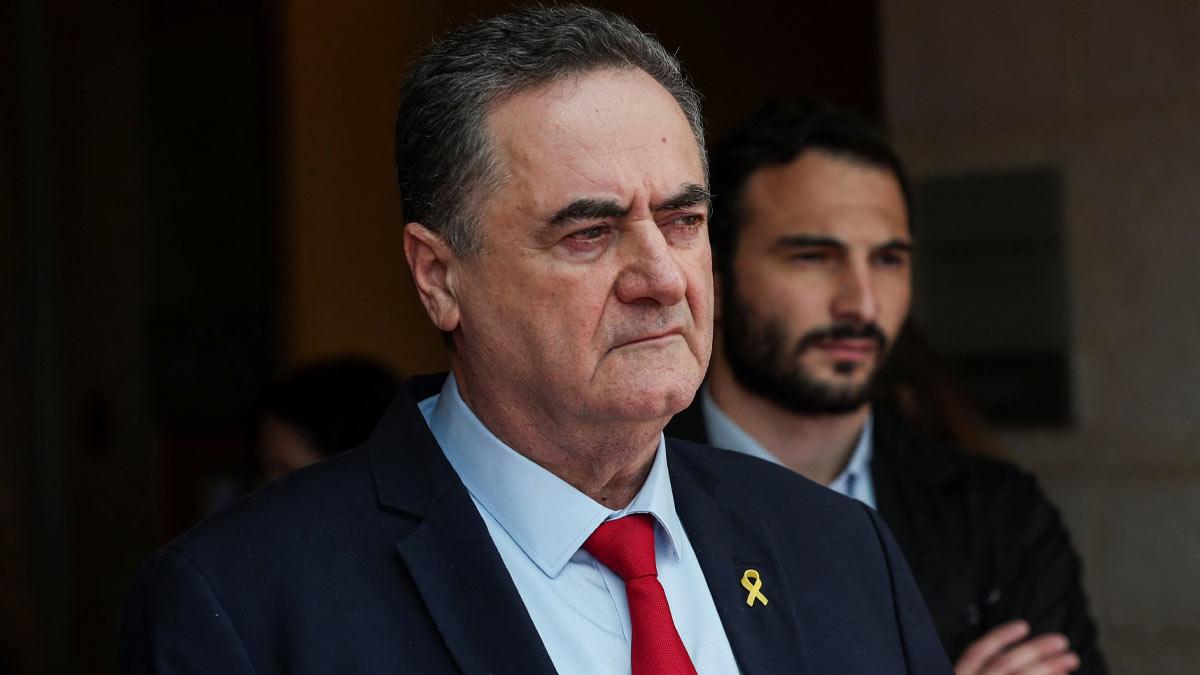In a huge embarrassment for Canada, the country's Prime Minister Justin Trudeau Wednesday admitted that Ottawa had only provided some spadework of intelligence inputs and no concrete proof before accusing India of killing Khalistani terrorist Hardeep Singh Nijjar.
Testifying before the country's foreign interference inquiry, Trudeau admitted that New Delhi had demanded the sharing of proof -- something that India has been insisting on till date -- after the allegations.
"At that point, it was mostly intelligence, not concrete evidence," the Canadian PM admitted in a televised testimony before the committee.
Speaking on the alleged role of gangster Lawrence Bishnoi in Nijjar's killing, Trudeau also harped on having "credible evidence" about India's involvement.
The Canadian PM, whom India has been slamming for peddling a false narrative, is currently fighting to contain growing calls for his removal from within his party.
Earlier Wednesday, longtime Charlottetown Liberal MP Sean Casey publicly called for Trudeau to step down as leader of the party.
"People have had enough. They've tuned him out and they want him to go," Casey told CBC News Network in an interview.
"The message that I have been getting loud and clear — and louder and louder as the days go by — is that it's time for (Trudeau) to go. And I agree, he said.
Casey, speaking to Power & Politics show host David Cochrane, said there is a "high level of anxiety" in the Liberal caucus over Trudeau's leadership.
"I would say it's wider than meets the eye," he said. "There are a lot of people who have concerns."
Local media has been reporting over the past many months that several Liberal MPs are getting more and more frustrated with the leadership under Trudeau and the apparent lack of strategy.
Earlier this year, another Liberal MP Ken McDonald voiced concerns when asked if Trudeau was the right leader to lead the Liberal Party.
Says Canadian analysts, the increasing criticism of Trudeau marks a "new chapter" in the saga related to the months-old controversy over his leadership skills.
"For the first time since the June Toronto--St. Paul's byelection, the caucus is now flexing its muscles. I don't think it matters whether it's 20 or 40, if several MPs are organising through this, I think it does demonstrate that something has changed. I guess the ultimate question now is what comes of this?" Liberal strategist Andrew Perez told Canada's 'National Post' newspaper.
The domestic political situation in Canada lends full credibility to India's claims about the continued "hostility" of Trudeau towards India that has long been visible.
"Under attack for looking the other way at foreign interference in Canadian politics, his government had been trying to bring India in to offset the effects of the muckraking. This latest development targeting Indian diplomats is now the next step in that direction," the Ministry of External Affairs said on October 14, a few hours before it decided to withdraw the Indian High Commissioner and "other targeted diplomats and officials" from Canada.
New Delhi has been crystal clear on that the Trudeau government has been working on a "deliberate strategy" of smearing India for its own political gains.
"It is no coincidence that it takes place as Prime Minister Trudeau is to depose before a Commission on foreign interference. It also serves the anti-India separatist agenda that the Trudeau government has constantly pandered to for narrow political gains," the MEA added.
Read also| Don’t View CPEC Through Political Lens: Pakistan PM Implicitly Criticizes India

